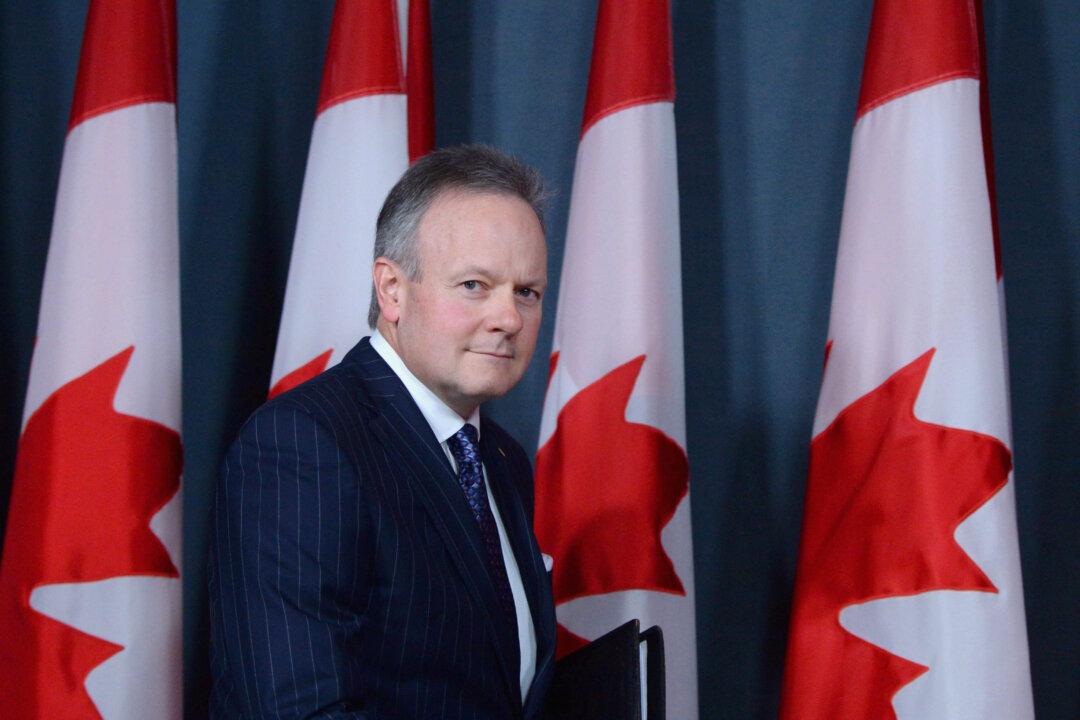OTTAWA—The Bank of Canada believes the devastating Alberta wildfires will severely impact second-quarter economic, but it expects the economy to rebound quickly thereafter.
The BoC left its key rate unchanged at 0.50 percent, as was widely expected, citing the inflation outlook is in line with its expectations.
Looking through the quarter-to-quarter volatility, the Canadian economy is keeping in line with the central bank’s economic projections in its April Monetary Policy Report (MPR).
“The second quarter will be much weaker than predicted because of the devastating Alberta wildfires,” said the Bank of Canada in its May 25 interest rate decision press release. Its initial assessment is that the damage and shutdown of oil production will cut about 1.25 percentage points off economic growth in Q2.
Bay Street economists also forecast second-quarter growth to come in lower than the BoC’s April MPR projection of 1.0 percent. RBC sees growth being about flat in Q2. BMO believes economic output could fall by 1 percent in May alone.
In April, the BoC was already forecasting a weak second quarter after a strong first quarter as temporary factors—gains in household spending and exports—tail off. “The economy is expected to rebound in the third quarter, as oil production resumes and reconstruction begins,” according to the central bank’s press release.





